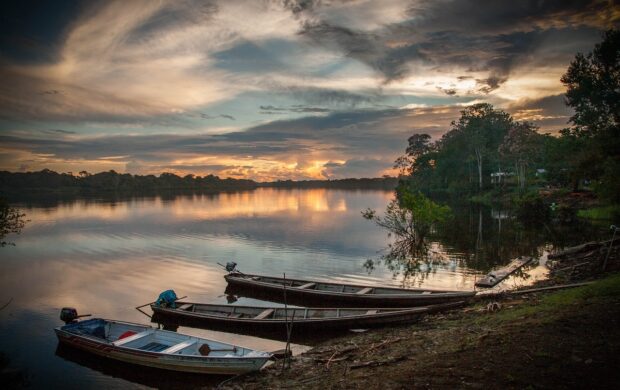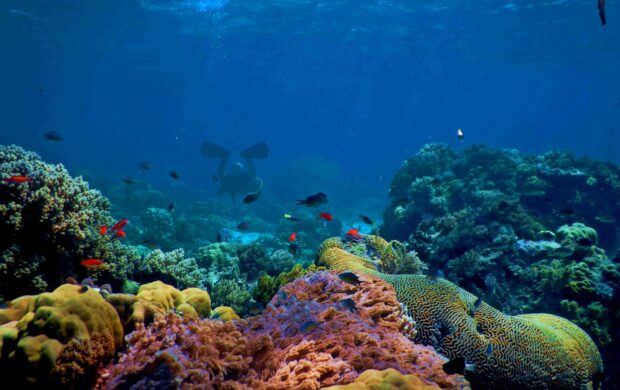In our topic hub on the future of shipping, we’re asking how ocean grabbing will affect ocean governance.

A September 2014 report by the Transnational Institute, Masifundise and Afrika Kontakt, entitled ‘The Global Ocean Grab: A Primer’, claims to unveil a new wave of ‘ocean grabbing’. Ocean grabbing refers to large-scale exploitative practices that ‘grab’ the natural resources, particularly fish, in a certain area. The practice is usually carried out by large Western or Asian nations and threatens the livelihoods of many small-scale fisherpeople in developing countries. According to UN experts, ocean grabbing is as threatening as land grabbing.
The report cites examples of luxury beach-resorts in Sri Lanka where fishermen can no longer gain access to the coast, the destruction of mangrove areas in Ecuador to promote export-oriented shrimp aquaculture, and the dramatic rise of Rights Based Fishery (RBF) policies that have handed over large tracts of ocean to industrial fishing companies in Europe, Canada and elsewhere.
Additionally, disputes over access and exploitation in many portions of the ocean continue. Rights over the South China Sea are contested by China, Japan and ASEAN countries. Disputes continue in the Arctic as well. Increased resource scarcity, as well as improved technology that allows for easier exploitation of ocean resources, will only make countries more eager to extract goods from the oceans.
Image credit: U.S. Navy photo by Mass Communication Specialist 3rd Class Raul Moreno Jr./Released










